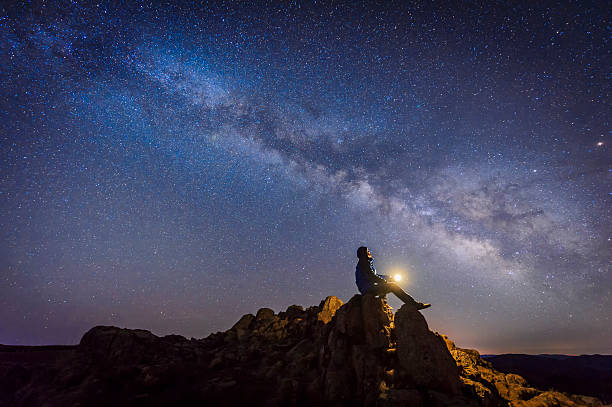Education
Can Humans Live On Another Planet?

The idea of humans living on another planet has long been a subject of fascination and scientific exploration. As our understanding of space and technology advances, the possibility of establishing human colonies on other planets becomes more plausible. However, there are numerous challenges and considerations that must be addressed to realistically achieve this goal.
1. Environmental Conditions: Perhaps the most significant factor to consider when contemplating human habitation on another planet is the environmental conditions. Planets like Mars or Venus, for example, have vastly different atmospheres, temperatures, and levels of radiation compared to Earth. Adapting to these harsh conditions would require advanced technologies and infrastructure to provide a sustainable living environment for humans.
2. Life Support Systems: To sustain human life on another planet, we would need reliable life support systems that can provide breathable air, water, food, and protection from the elements. Developing such systems that can operate independently in a hostile environment would be crucial for the long-term survival of colonists.
3. Transportation and Logistics: Traveling to and from another planet poses significant challenges in terms of transportation, fuel requirements, and logistics. The distance between planets, the effects of space radiation, and the need for reliable spacecraft all factor into the complexity of establishing a sustainable human presence on another planet.
4. Health and Well-being: The effects of long-duration space travel and living in a different gravitational environment can take a toll on the physical and mental well-being of astronauts. Mitigating these health risks through exercise, proper nutrition, and medical care would be essential for the success of any human colony on another planet.
5. Sustainability and Self-Sufficiency: For humans to realistically live on another planet, they would need to establish sustainable and self-sufficient systems that can support a growing population over an extended period. This includes growing food, recycling resources, and generating energy in a closed-loop environment.
6. Social and Psychological Factors: Living in isolation on another planet would present unique social and psychological challenges for colonists. Maintaining mental health, dealing with interpersonal dynamics, and fostering a sense of community would be critical for the well-being of individuals living in a distant and unfamiliar environment.
While the idea of humans living on another planet is not yet a reality, ongoing research and advancements in space exploration are bringing us closer to making it a feasible possibility. By addressing the various challenges and considerations involved, scientists and explorers are actively working towards a future where humans could potentially establish thriving colonies on other planets,
-

 Breaking News3 years ago
Breaking News3 years agoBREAKING: CBN Redesigns Naira Notes
-

 Breaking News2 years ago
Breaking News2 years agoBREAKING: Tinubu Considers Temporary Subsidy On Petrol
-

 Breaking News2 years ago
Breaking News2 years agoJUST IN: Gbajabiamila Dies In UK
-

 News3 years ago
News3 years agoDrama As Church Gives Certificate Of Virginity To Ladies After Testing Them (See Photos)
-

 Crime4 years ago
Crime4 years agoUproar As Student Teacher On Teaching Practice Impregnates 24 Girls, Headmistress, Four Female Teachers
-

 Breaking News10 months ago
Breaking News10 months agoJUST IN : Sacked Osun LG Chairman Killed Few Minutes After Returning To Office
-

 Breaking News2 years ago
Breaking News2 years agoBREAKING: Dangote Speaks As BUA Reduces Price Of Cement
-

 Crime3 years ago
Crime3 years agoJUST IN: Gunmen Storm Osogbo, Kill Man, Daughter Few Hours After His Wife Put To Bed (Photos)
